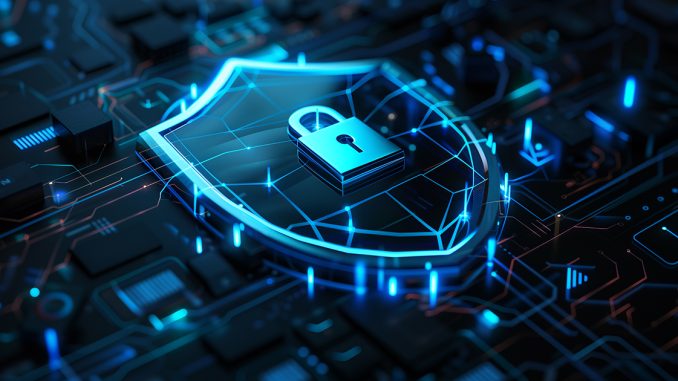
Introduction
In today’s digital world, protecting your privacy online is more important than ever. From social media to shopping, nearly every action you take on the internet leaves a digital footprint. Hackers, advertisers, and even apps can collect, track, and misuse your data if you’re not careful.
This guide will show you practical, easy-to-follow steps to stay safe, secure, and in control of your personal information online.
Why Online Privacy Matters
Every time you browse a website, use an app, or connect to Wi-Fi, you’re sharing bits of personal data—like your location, device info, and even browsing habits.
Without proper protection, this data can be:
-
Tracked by advertisers
-
Sold to third parties
-
Hacked by cybercriminals
-
Misused for scams or identity theft
Taking steps to protect your privacy not only keeps your data safe but also helps you maintain control over your digital life.
1. Use Strong, Unique Passwords
Your first line of defense is your password. Avoid using the same password across multiple accounts.
Tips for better passwords:
-
Use at least 12 characters
-
Combine uppercase, lowercase, numbers, and symbols
-
Avoid personal info (like birthdays or names)
Pro Tip: Use a password manager like LastPass, Bitwarden, or 1Password to generate and store complex passwords securely.
2. Enable Two-Factor Authentication (2FA)
2FA adds an extra layer of security to your accounts by requiring a second form of verification (like a text code or app notification) when logging in.
Enable 2FA on:
-
Email accounts (especially Gmail, Outlook)
-
Banking and shopping apps
-
Social media platforms (Facebook, Instagram, etc.)
3. Be Careful What You Share on Social Media
Social media is a goldmine for identity thieves. Never share sensitive info like your full birthdate, address, or travel plans publicly.
Tips:
-
Set your profiles to private
-
Limit visibility of posts to trusted friends
-
Don’t post your location in real time
4. Use a VPN (Virtual Private Network)
A VPN hides your IP address and encrypts your internet traffic, making it harder for websites and hackers to track your activity.
Use a VPN when:
-
Using public Wi-Fi (cafes, airports, hotels)
-
Browsing sensitive topics
-
Accessing websites from different countries
Popular VPNs: NordVPN, ExpressVPN, ProtonVPN
5. Regularly Check App Permissions
Many apps collect more data than they need. Take a few minutes to:
-
Review and limit app permissions on your phone
-
Disable access to location, microphone, or camera unless necessary
-
Delete apps you don’t use anymore
6. Keep Your Software Up to Date
Outdated software can have security vulnerabilities that hackers exploit.
Always:
-
Enable automatic updates on your phone, browser, and computer
-
Update antivirus and firewall software
-
Install security patches as soon as they’re available
7. Avoid Suspicious Links and Emails
Phishing scams are common and dangerous. These are fake emails or messages designed to steal your information.
Stay safe by:
-
Never clicking on unknown links or attachments
-
Checking the sender’s email address carefully
-
Using spam filters and antivirus tools
8. Use Privacy-Focused Tools
There are tools designed specifically to protect your online identity:
-
Brave Browser: blocks trackers and ads
-
DuckDuckGo: a search engine that doesn’t track you
-
Signal or Telegram: encrypted messaging apps
-
Firefox with privacy extensions
9. Opt Out of Data Sharing
Many websites and companies allow you to opt out of personalized ads and data collection.
-
Use sites like optout.aboutads.info to limit ad tracking
-
Review privacy settings on Google, Facebook, and Amazon
-
Turn off ad personalization in your browser or device settings
10. Educate Yourself and Stay Updated
Cyber threats evolve constantly. The more you know, the better you can protect yourself.
-
Follow cybersecurity blogs or podcasts
-
Take free online courses (like on Coursera or Google Digital Garage)
-
Teach your family and kids about online safety
Conclusion
Protecting your privacy online isn’t just for tech experts—it’s for everyone. With a few simple habits, you can reduce your digital footprint, avoid scams, and stay safe online.
The internet is a powerful tool, but it’s also a space where privacy must be guarded. Start with these steps today and take control of your digital future.
